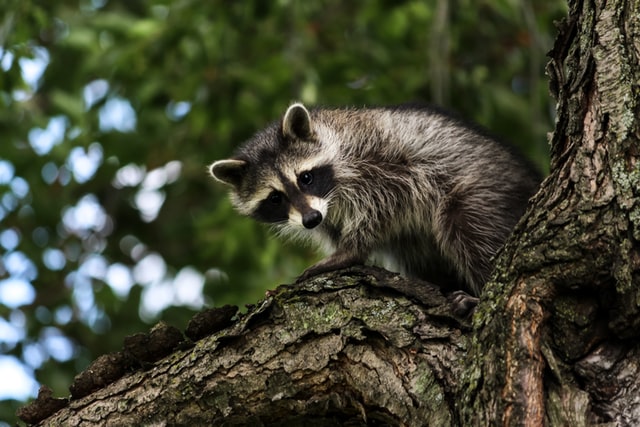Self-Propagating Vaccines: On a Silent Mission in the Jungle
By Claudia Doyle | Deutschlandfunk | November 30, 2021
Viral diseases that spread from animals to humans are a real threat. We have been living with Sars-Cov-2 for months, we have neither vaccine nor medication against it and are at the mercy of the virus because it takes time to develop medication or vaccine. Maybe the animals should be vaccinated. In time. Running through the jungle with syringes and immunizing thousands of animals is not practical, however. Scientists are therefore researching vaccines that – just like a disease – spread by themselves. What is the potential of the idea? And: how safe is the whole thing?
My research on self-spreading vaccines begins long before the new corona virus rules our lives in Germany. At the end of 2019 I will write the first interview requests to scientists who are concerned with how to vaccinate wild animals and prevent zoonoses. At that time, the first newspapers were already reporting on a new lung disease in China. But nobody in Europe thinks that we could get a problem with that. Then everything turns out differently. I can no longer take my research trips in spring 2020, the flights have been canceled. But the topic is all the more explosive.
Small bloodsuckers as carriers of rabies
“Everyone thinks vampire bats are huge bloodsuckers, even though they are quite small.”
Daniel Streicker researches the spread of infectious diseases at the University of Glasgow. He is particularly familiar with the vampire bat:
“They only weigh 40 to 50 grams, and when they put their wings on, they can easily fit on one hand. Their wingspan is between 25 and 30 centimeters. The color of their fur is very different. Some are brown, others orange-red, some have one almost white chest. They are also very agile. Lots of other bats just sit around on the ground, but the vampire bats hop and jump and gallop. “
The bats owe their name to their razor-sharp canine teeth, with which they bite animals or, in rare cases, humans in order to suck blood from them. In doing so, they also transmit diseases. Streicker has been conducting field research in Peru for more than 13 years. Vampire bat rabies is a particular problem there.

